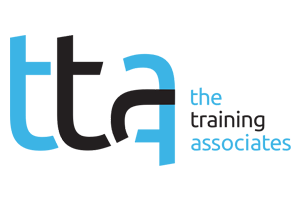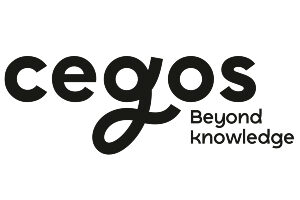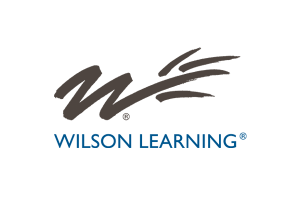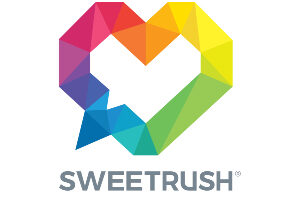Emotions influence everyone in the workplace, from the most seasoned professional to the just-graduated new hire. However, how emotions influence a person’s behavior at work differs greatly between individuals, as there is a wide variation in how people respond to workplace situations they find challenging. These factors influence how a professional shows up at work and directly affect their colleagues and teams.
Soft skills like emotional regulation are critical in the workplace, and especially for leaders. In fact, according to a recent CoachHub survey of the platform’s users, emotional regulation is the second most important focus area for respondents worldwide (second only to conflict management). This statistic indicates that professionals understand and appreciate the need for soft skills.
Historically, employers valued a top-down leadership approach that expected the best employees and leaders to limit emotional influences in their decision-making so that logical, data-backed choices could triumph. But the coronavirus pandemic transformed the global workplace ecosystem, changing employee expectations and managerial priorities. As a result, highly effective professionals must exhibit a balance of soft skills and technical skills.
Strengthening Soft Skills
In today’s fast-paced digital world, technical skills are crucial, but they can quickly become obsolete. A programming language that was all the rage last year may now be surpassed in popularity by something new, leaving certain specialists by the wayside.
Soft skills, on the other hand, are always in style. Examples of soft skills beyond emotional regulation include creativity, resilience and conflict management. Hiring managers are always looking for candidates who possess soft skills, as these apply to any position — and are in high demand for leadership positions, too.
These may seem like the qualities people are born with — and some people are — but soft skills can also be acquired and developed. They’re also transferable, which can help an employee adapt to changing work environments that have become increasingly common in the age of digital transformation and the switch to hybrid work.
The Importance of Emotional Regulation
Emotional regulation is one of the most critical soft skills because it is the foundation for self-management. Professionals who are able to regulate their emotions in an intentional way possess the ability to keep their cool in volatile situations. They can step back when angry instead of saying something combative, remain positive during difficult circumstances, or hide signs of irritation during a meeting that isn’t going well. Successful emotional regulation leads to better relationships, communication and business results.
Digital Coaching as a Solution
A key way to hone in on soft skills like emotional regulation is through digital coaching. Coaching provides an individualized experience for the coachee to identify their strengths and work on their weaknesses. A coach can help a coachee recognize what soft skills they need to improve and then assist the coachee in nurturing those skills. Coaching also provides a non-judgmental space for employees to expand their self-awareness and set new goals.
One of the best ways to improve knowledge and skill sets is by engaging with essays and testimonials about behavioral skills and then discussing these materials with a coach. A coach can help contextualize what the coachee has learned so that it will be easier to apply in real-world scenarios.
Coaches can support the entire organization, from C-suite leaders to entry-level employees. With a coach, employees can practice being intentional with their emotional displays at work and improve their ability to emotionally regulate.
As employees and leaders adapt to their ever-changing work environment, soft skills are more important than ever. Sharpening skills like emotional regulation leads to better communication and makes difficult conversations easier. Though technical skills still have their place at work, the smartest leaders will invest in ways to further develop their employees’ and leaders’ soft skills.
Leaders who remain centered, mindful and authentic are best able to keep engagement high, foster wellness in others and promote work-life balance. Self-regulation serves all employees in times of stress, change and transformation. Leaders looking to unlock these benefits should consider digital coaching, as this practice supports workplace behavioral change and allows employees of all levels to unlock critical soft skills.









